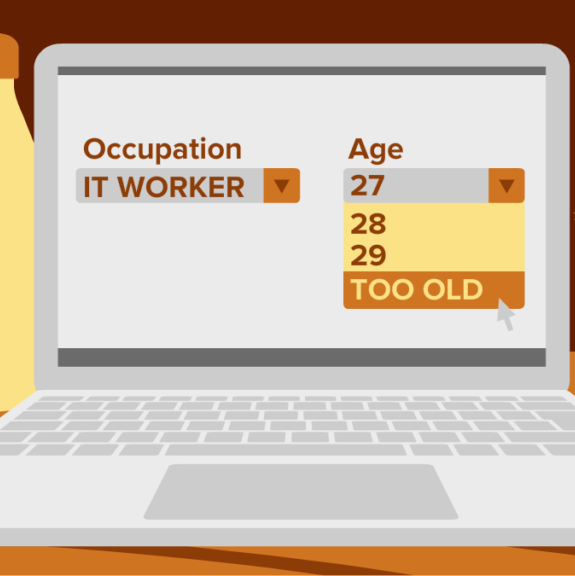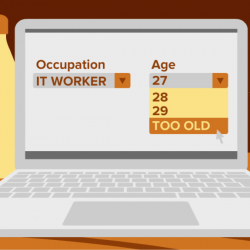To provide the best experiences, we use technologies like cookies to store and/or access device information. Consenting to these technologies will allow us to process data such as browsing behaviour or unique IDs on this site. Not consenting or withdrawing consent, may adversely affect certain features and functions.
The technical storage or access is strictly necessary for the legitimate purpose of enabling the use of a specific service explicitly requested by the subscriber or user, or for the sole purpose of carrying out the transmission of a communication over an electronic communications network.
The technical storage or access is necessary for the legitimate purpose of storing preferences that are not requested by the subscriber or user.
The technical storage or access that is used exclusively for statistical purposes.
The technical storage or access that is used exclusively for anonymous statistical purposes. Without a subpoena, voluntary compliance on the part of your Internet Service Provider, or additional records from a third party, information stored or retrieved for this purpose alone cannot usually be used to identify you.
The technical storage or access is required to create user profiles to send advertising, or to track the user on a website or across several websites for similar marketing purposes.
 Companies that align talent with business strategy outperform others by 16 percent, retain 30 percent more top performers, and see 34 percent higher employee performance according to The State of Talent Optimization Report (registration) from The Predictive Index. (more…)
Companies that align talent with business strategy outperform others by 16 percent, retain 30 percent more top performers, and see 34 percent higher employee performance according to The State of Talent Optimization Report (registration) from The Predictive Index. (more…)



































January 20, 2020
Digital culture is key to attracting contingent workforce
by Mike Ryan • Comment, Workplace